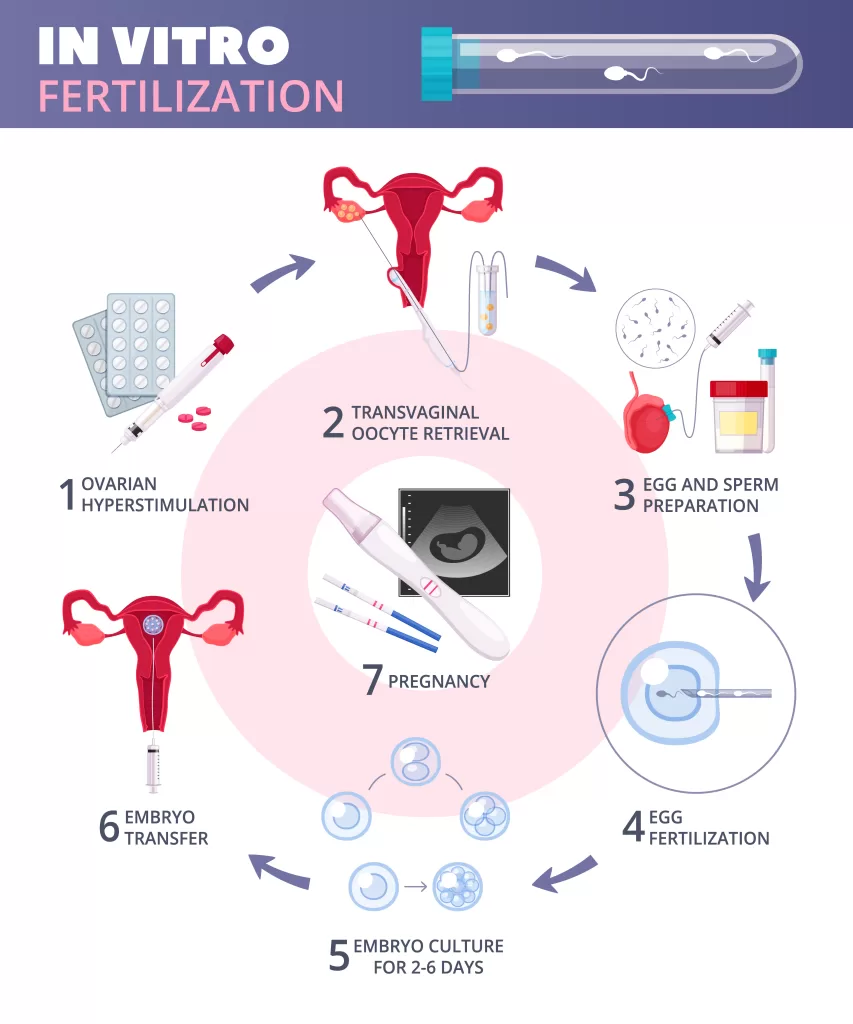Selecting the right child care hospital for your little one is a critical decision that can shape their overall well-being and recovery. With numerous hospitals offering pediatric care, finding one that meets your child’s unique medical needs and offers a supportive, child-friendly environment is crucial.
Here’s a guide to help you make an informed choice when choosing a child care hospital in Thane:
Why Choose a Dedicated Child Care Hospital?
Children have different healthcare needs compared to adults. They require specialized attention, medications, and treatment plans tailored to their growth and developmental stages. Hospitals that focus exclusively on pediatric care are equipped with child-sized medical tools, advanced technology, and highly experienced pediatricians.
A good pediatric hospital offers a wide range of services, from neonatal intensive care to chronic illness management, vaccinations, and surgeries. Moreover, such hospitals often provide emotional and educational support for families, ensuring a holistic approach to your child’s health.
Key Factors to Consider While Choosing a Child Care Hospital
Advanced Facilities and Equipment
A child care hospital should be equipped with state-of-the-art technology and tools specifically designed for pediatric care. This ensures precise diagnosis and effective treatment.Emergency Pediatric Care
Ensure the hospital has a dedicated emergency care department for children, capable of handling everything from minor injuries to life-threatening conditions.Hospital Accreditation
Check whether the hospital is accredited by recognized healthcare authorities. Accreditation guarantees that the hospital adheres to high standards of patient care.Experienced and Qualified Pediatricians
Always look for hospitals that have an experienced team of pediatricians, nurses, and specialists who are skilled in managing children’s healthcare needs.Child-Friendly Environment
A hospital with a welcoming and comforting environment can ease your child’s stress and anxiety. Look for child-friendly amenities like play areas, colorful interiors, and engaging activities.Follow-Up and Support Services
Choose a hospital that provides comprehensive follow-up care, including support groups, counseling, and educational resources for parents.Location and Accessibility
The hospital’s proximity to your home is important, especially in emergencies. Easy access to the hospital can provide peace of mind.Reputation and Reviews
Go through patient testimonials, online reviews, and ratings. Word-of-mouth recommendations from friends, family, or your pediatrician can also help.Insurance Coverage
Check if the hospital accepts your health insurance, ensuring you don’t face financial strain during treatment.
Specialized Child Care Services at Currae Hospital, Thane
Currae Hospital is a leading healthcare provider for women and children in Thane. With cutting-edge technology and a team of expert pediatricians, Currae Hospital ensures that your child receives the best possible care. Some of the pediatric services offered include:
- Neonatal Intensive Care Unit (NICU)
- Pediatric Surgery
- Vaccinations and Immunizations
- Asthma Management
- Growth and Development Monitoring
- Pediatric Endocrinology, Rheumatology, and more
Why Currae Hospital is the Best Choice for Your Child’s Health
Currae Hospital is renowned for providing high-quality pediatric care with a compassionate, family-centered approach. With specialized services ranging from preventive care to complex surgeries, the hospital ensures that children receive personalized treatment plans for optimal health outcomes.
Frequently Asked Questions (FAQs)
Which is the best child care hospital in Thane?
Currae Hospital is among the top-rated child care hospitals, known for its comprehensive pediatric services and patient-centered approach.Who are the leading pediatricians at Currae Hospital?
Currae Hospital boasts a team of experienced pediatricians specializing in various fields such as neonatology, pediatric surgery, and endocrinology.What pediatric services are available at Currae Hospital?
Currae Hospital offers a wide array of pediatric services, including neonatal care, pediatric surgery, asthma management, and more.
Choosing the right child care hospital in Thane ensures your child receives the specialized care they need for a healthy future. Currae Hospital stands out as a top choice due to its advanced facilities, experienced pediatricians, and comprehensive healthcare services.


